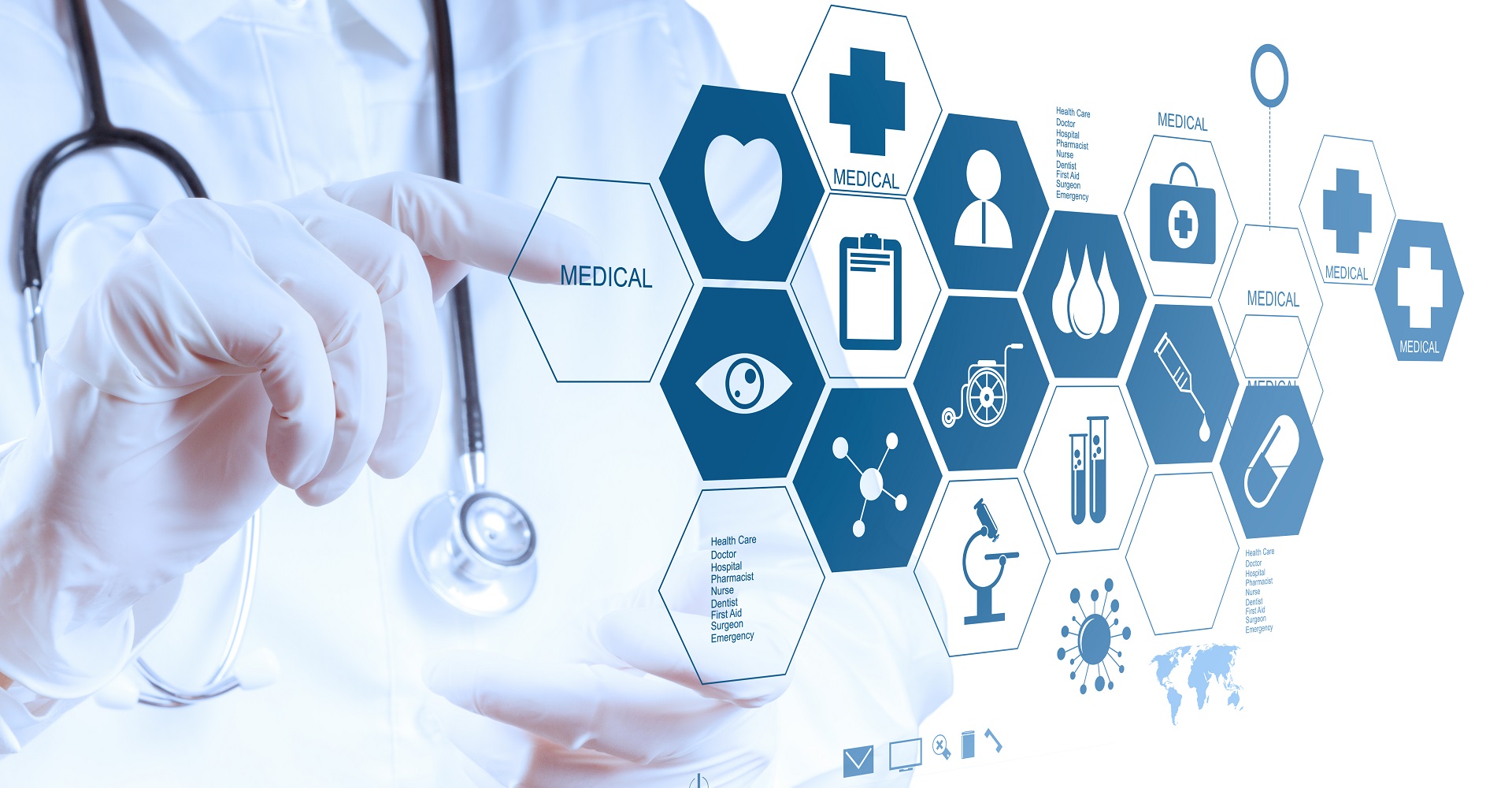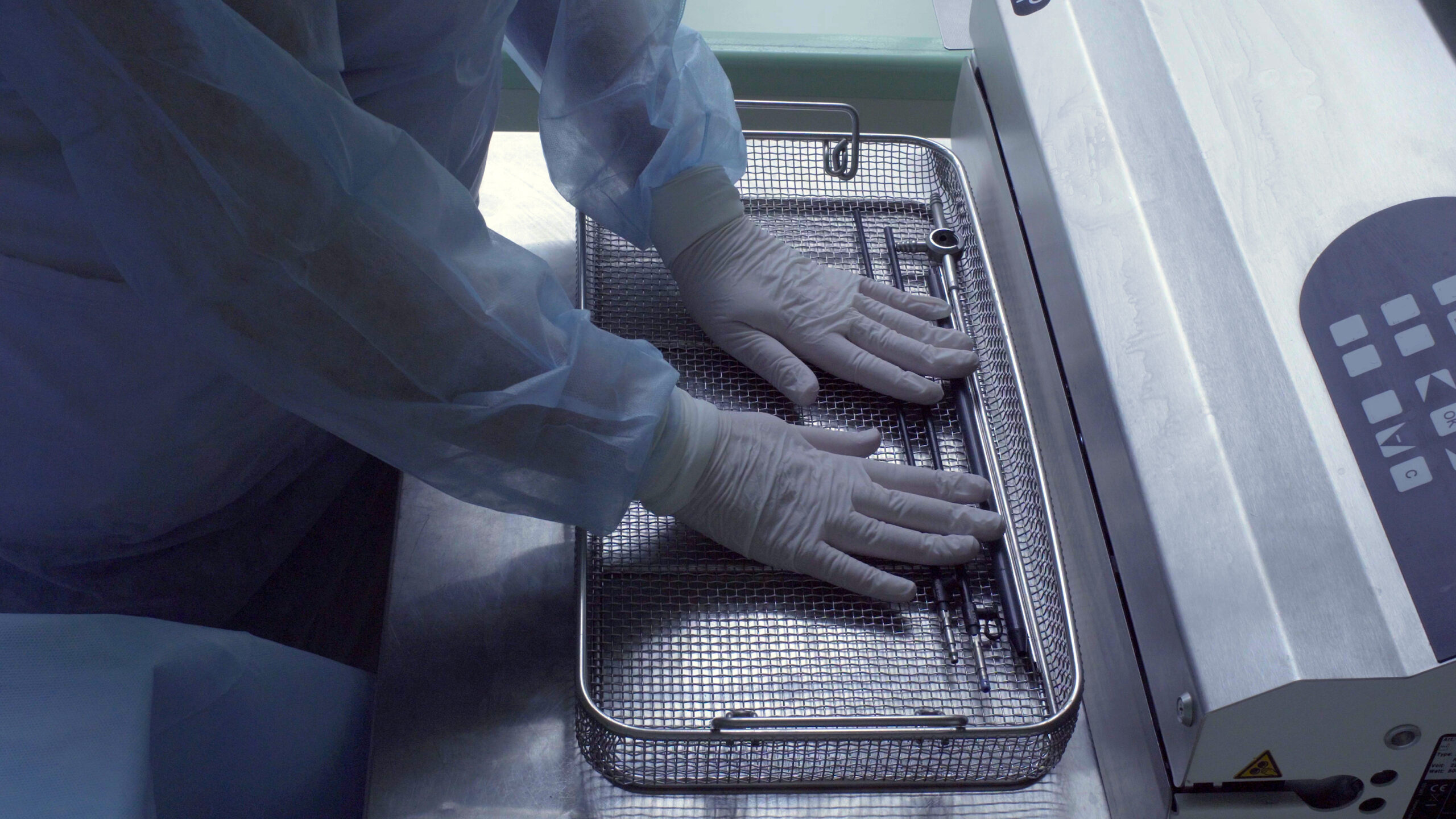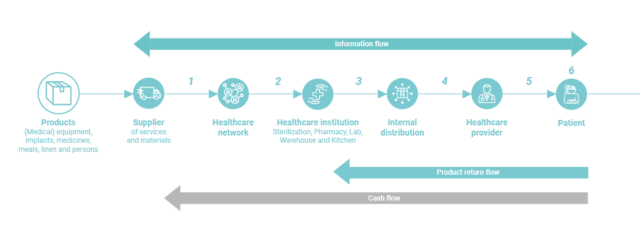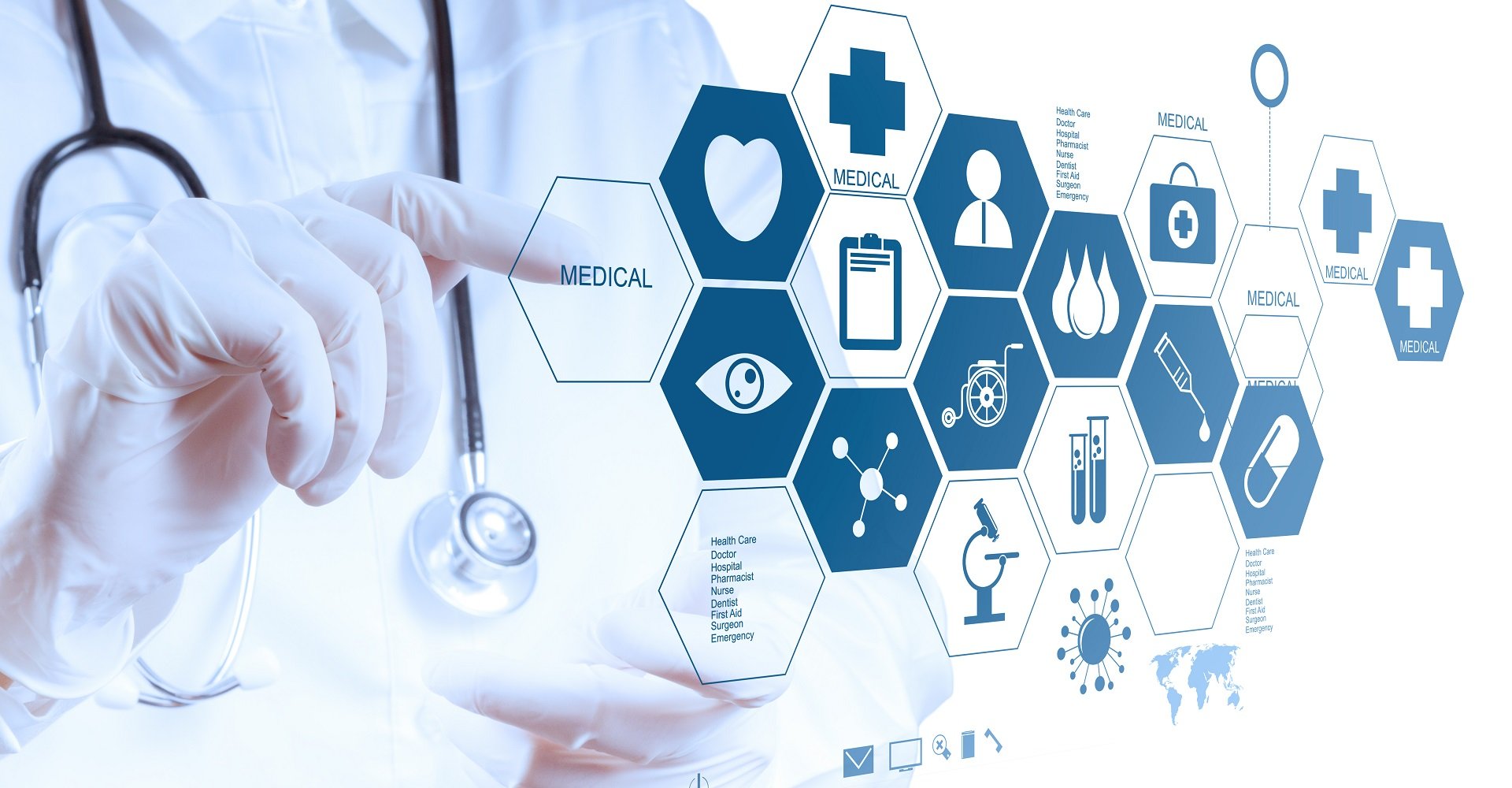- Home
- Industries
- Healthcare
- Hospitals
- Healthcare logistics
Healthcare Logistics
Möbius supports you in processing technological evolutions and trends in order to prepare your healthcare institution for the challenges of the coming decades.

Translate your logistic vision
The organisation of logistics in a healthcare institution has a direct impact on almost all aspects of valuable care. By optimally designing the logistics processes, financial resources are released that can be reinvested and the resulting time savings for all parties involved cannot be underestimated. An efficient and effective logistics organisation is based on a supported vision that is translated to the shop floor.
We know the support services within hospitals and optimise both the individual services as well as the interaction between the services. We translate the logistics vision into the most appropriate control model and prepare the transition to digital enablement. In addition, we are a partner in the implementation and creation of a culture of continuous improvement, enabling both quick wins and structural improvements.
Your challenge, our expertise

Redesigning logistic flows
Central sterile services department (CSSD)
We evaluate the efficiency of the CSSD based on a maturity model in which we examine using seven axes at what level care services are aligned to the hospital needs. We calculate the optimal capacity in terms of sets and machines and tailor the operation to the consumers of the CSSD.
Pharmacy
The pharmacy of the future faces numerous challenges: stricter regulations (including the implementation of PIC/S standards), which require investments in infrastructure and work processes, finding staff with the right qualifications, and an increased demand for clinical pharmacy services. To meet these challenges, it is essential to use available resources as efficiently as possible. Establishing collaborations with other hospitals, often within the context of a hospital network, is seen as a lever in the quest for efficiency. Optimising purely internal processes can also significantly enhance efficiency. For example, better inventory management and billing processes, both in the central pharmacy and in the operating room, can have a substantial impact on the hospital's financial results.
Möbius provides support in optimising existing processes and establishing collaborations between hospital pharmacies. We combine qualitative information (interviews, gemba walks, etc.) with quantitative data (process times, picking, inventory models, cost models, etc.) to achieve optimal service for the patient. We draw on extensive experience in guiding collaboration and merger projects in the healthcare sector. Additionally, we work with cleanroom experts to facilitate the implementation of PIC/S standards.
Lab
We assess the lab performance within the hospital and investigate the possibilities in the region of the hospital. Extensive automation, competitive reagent prices and a rationalised operation require a certain scale that is not always possible within the hospital itself. Within the context, we bring stakeholders together to improve service level agreements by means of standardisation and segmentation, without having to compromise quality or availability.

Improving processes and culture
Möbius supports hospitals in improving existing processes by introducing continuous improvement. We strive to increase ownership of all stakeholders. We also offer support in the following as a bridge builder and expert in the processes of hospitals and their partners:

1 Integration of the supply chain
Alignment with suppliers (pharma, wholesale) simplifies the purchasing process, e.g. through automatic orders. As a result, inventory costs and risks can be reduced.
2 Consolidation and network formation
Scale-up through partnerships ensures opportunities for optimisation ranging from purchase, distribution and storage up to return flows.
3 Automation and robotics
Increased robotisation in physical transport of goods and digitalisation of supporting processes ensures faster and higher quality in healthcare.
4 IoT and AI
Automatic registration systems will provide input for many of the logistic processes, allowing human (medical) intervention to be focused on actual care.
5 Increased complexity and uniqueness
Specialisation enables individual medication distribution, depending on allergies and vital parameters. Furthermore it can also help to avoid waste.
6 Personalisation of care
Professionalisation of hotel services allows to tailor the patient’s stay in a care facility to his/her individual preferences, for example in meals and entertainment. This is how service can make the difference.

Defining a comprehensive logistics vision
The organisation of logistic flows is typically questioned when a new building is installed, departments are merged, or a reorganisation is carried out. Different scenarios emerge in this case, such as outsourcing, working via a central logistics platform, and so on. In this endeavour, the financial impact as well as the uniqueness of the processes (urgency, IT environment, etc.) must always be considered.
Möbius assists hospitals and hospital networks in deriving a vision that is supported by the parties involved. By looking at both national and international best practices and by being inspired with innovative solutions, all possible scenarios are mapped out.

Master plan
Hospitals aim to create a sustainable work environment that enhances efficiency in healthcare delivery and provides a positive work experience for staff members as they perform their duties. The hospital’s vision comes to life in the master plan.
Möbius provides support in the following areas:
-
Strategy: What will the future patient population look like? How will healthcare services be organised in the future? What collaborations will the hospital maintain within the network?
-
Operational efficiency: Optimising the functioning of services (e.g., the day hospital) and logistical flows (e.g., transport via elevators across different floors).
-
Financial planning: With the V4H-Dashboard, the hospital gains insight into profitable and loss-making processes. Through benchmarking and community meetings, hospitals can learn from each other and reorganise their processes accordingly. Additionally, budgets for the future need to be prepared, and project financing must be solid.
-
Infrastructure provisions: In collaboration with an architectural partner, the right stakeholders are involved to assess patient, staff, and material flows against practical realities.
-
Preparing for relocations: How does a phased start-up look, and what processes are impacted? How is expensive medical equipment moved?
Meet our experts in Healthcare logistics
Contact our experts
We help to address the most urgent business needs and challenges. Our consultants focus on straight impact and maximum efficiency.
Related expertises
Cost Management
Implementing cost control at different levels (patient path, service, organisation, network, …) in order to cope with the mass of challenges and as an important ‘enabler’ of innovation.
Capacity Management
Integrated management of capacity issues (staff, beds, consultation, emergency, operating theatre, …) of a hospital (network) as a lever to control costs and workload.






